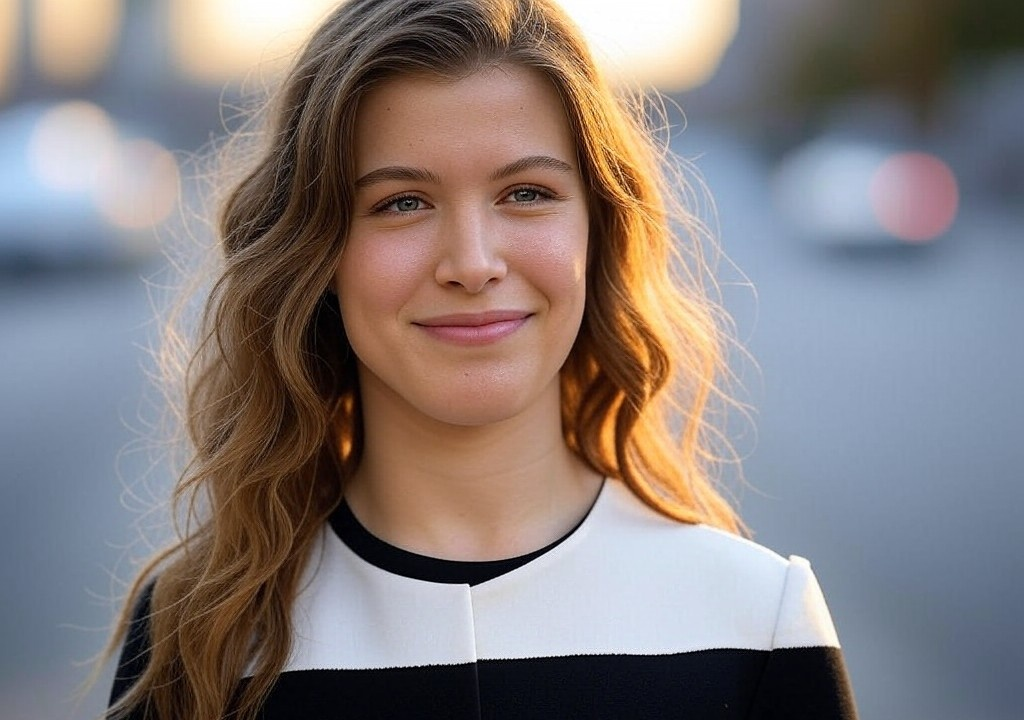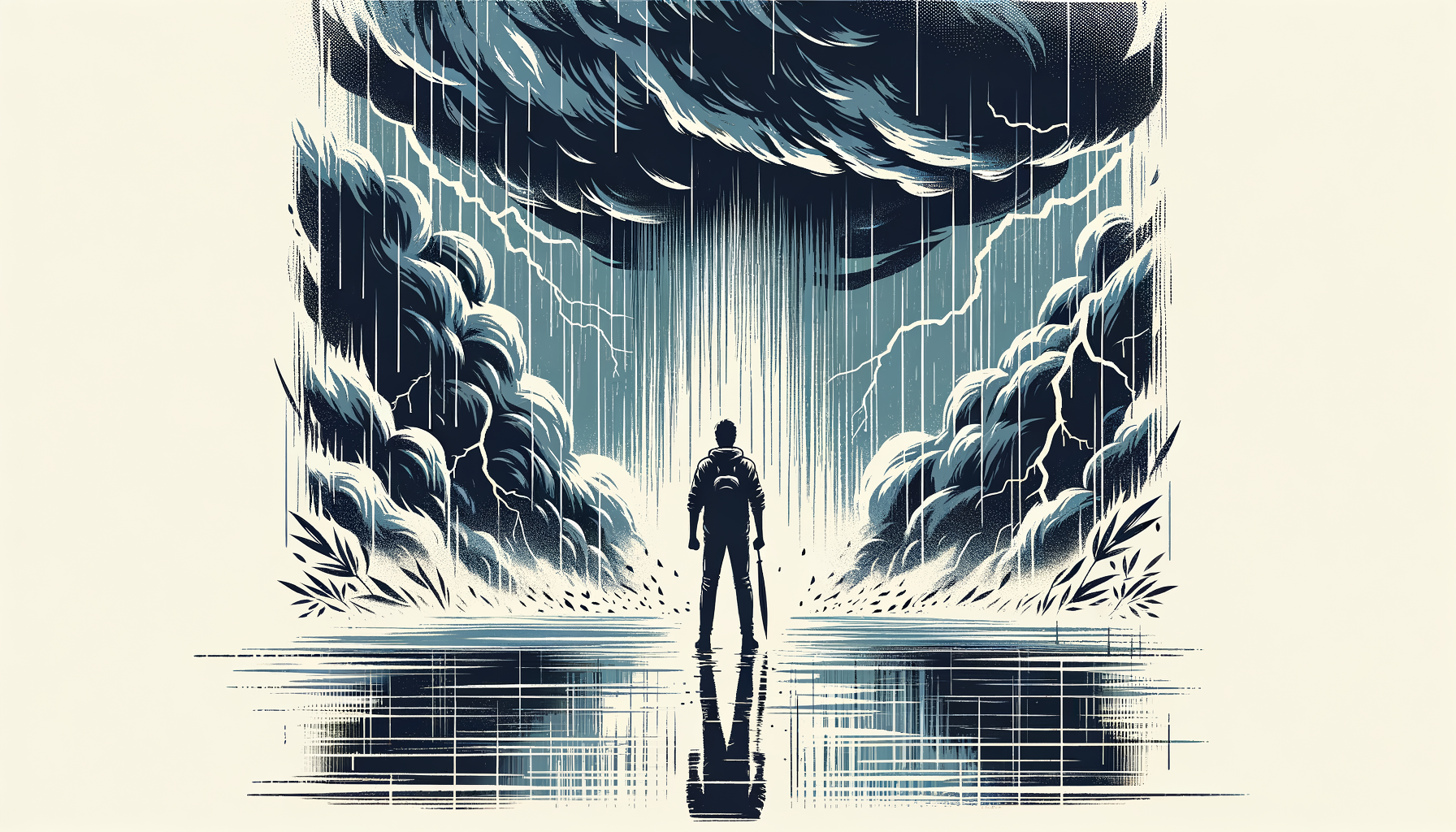What Scares Me the Most (and Why I Do It Anyway)
They say fear is a great teacher. If that’s true, I should have a PhD by now. I’ve spent much of my life shadowboxing with fears—some rational (large spiders, public speaking), others slightly absurd (i.e., texting “Haha” twice in a row and being labeled emotionally unavailable). But the one fear that seems to lurk in every corner of my personal and professional life is this: vulnerability.
I know, I know—it’s the kind of thing you’d hear in a TED Talk while sipping a turmeric latte. But this fear is demanding and relentless. showing up in everything from relationships to friendships to… well, writing this article. And yet, I keep showing up. Why? Because there’s magic on the other side of being scared out of your mind.
Let’s unpack this, shall we?
Fear and the "French Girl" Mystique
Growing up in Montreal, there’s a certain aura you’re expected to carry if you come from a bilingual, bohemian background. The French-Canadian “je ne sais quoi,” if you will. You’re supposed to be effortlessly cool, a little mysterious, and definitely immune to the insecurities of us mere mortals. Vulnerability? Please. We’re out here drinking espresso on frozen patios in January like stoics.
But let me tell you something no one admits: mystery is exhausting. Sure, I could hold back my opinions and curate the kind of airbrushed persona that made Amélie seem quirky-yet-untouchable, but what’s the point? My penchant for vulnerability started small—admitting I didn’t know the right wine pairing (a crime against humanity in Montreal) or confessing my high school crush on my best friend’s brother—but it’s grown into a daily practice.
Because here’s the secret: vulnerability doesn’t make you weaker. It makes you real.
Navigating Fear in Relationships
Here’s a confession I still cringe to write—once, when a boyfriend told me he loved me for the first time, I nodded. That’s it. Just a nod. Cool as the Parisian bridges I used to walk across, yet absolutely dying inside, because I loved him back. I just couldn’t say it aloud.
To me, relationships felt like tightrope walking over Niagara Falls, blindfolded. The stakes felt impossibly high, and admitting my feelings? My biggest risk.
It wasn’t until my early twenties—a dramatic breakup, with a lot of crying into croissants—that I realized courage and weakness are two sides of the same coin. That breakup taught me how much I’d hidden behind small talk and white lies, trying to be “easygoing” when what I really needed was to say what I felt. It was terrifying to embrace honesty, to risk rejection or disappointment. But when I finally did, it felt like I’d been carrying the emotional equivalent of a couch up three flights of stairs, only to finally set it down.
Small (Embarrassing) Ways to Practice Vulnerability
Admitting our fears isn’t a one-and-done kind of deal. It’s like yoga: a little awkward at first, but you get better with practice. These were my beginner moves:
- The "I Don't Know" Test: As a recovering perfectionist, admitting I don’t have every answer felt like confessing to a crime. But saying “I don’t know” (from which metro stop leads to the Atwater Market, to why my ex sent me a happy birthday text at 3 a.m.) has been oddly freeing.
- Sharing the “Weird” Stuff: I once disclosed that I used to mispronounce “Pinterest” as “Pin-interest” until I was 23. It was mortifying, but watching a friend crack up in her kitchen over coffee reminded me how bonding those small admissions can be.
- Writing It Down: Okay, this one is borderline cheating because I’m a writer. But journaling my fears—even the petty stuff about whether the new bangs were a mistake—has helped me inch closer to owning them. It’s like the prequel to saying it aloud.
The beauty is that each small act of vulnerability emboldens you for the bigger moments when it really counts.
Courage in the Age of Chaos
Let’s be honest: we live in a world where everyone curates the “best” version of themselves. Instagram filters, LinkedIn promotions, carefully chosen words in a DM—it’s exhausting. But deep down, aren’t we all seeking something real?
Vulnerability isn’t just this whispery, soulful concept you read about on inspirational Pinterest boards (or Pin-interest boards, as I once said). It’s palpable. A moment of shared uncertainty when someone says, “Me too.” That jolt of connection when you let your guard down and realize the world doesn’t crumble. The thrill of hitting the “send” button on a message that could go disastrously or wonderfully.
What Fear Teaches Us About Strength
My greatest fear used to be that people would see the unpolished, overthinking version of me and walk away. And I’d never tell them so, instead hiding behind my quick wit or an evasive subject change like a magician pulling a rabbit out of a hat. But the thing is, letting people in has only made them stay longer.
Real relationships—platonic, romantic, or otherwise—don’t thrive on perfection. They grow in the awkward pauses, the stammering admissions, the “I can’t believe I just said that” honesty. This is where repair happens, too; even after breakups, those messy conversations are critical to moving on and healing. When you lean into fear, you come out the other side braver, self-assured... and maybe still a bit embarrassed, but alive.
Why I Keep Doing It Anyway
So why do I keep confronting the thing that scares me? Because I’ve learned this: fear doesn’t go away, but it does become less oppressive when you dance with it. Every time I push past it—whether it’s hitting “publish” on an article that feels too personal or confessing my feelings aloud—it gets a little easier. Vulnerability feels a little more like a muscle and a little less like an exposed nerve.
And as someone who’s spent a lifetime seeking the kind of genuine, soulful connections that linger long after the small talk disappears, I can promise you this: the practice of showing up, fully as you are, is always—always—worth it.
Go ahead. Get scared. Do it anyway.




















